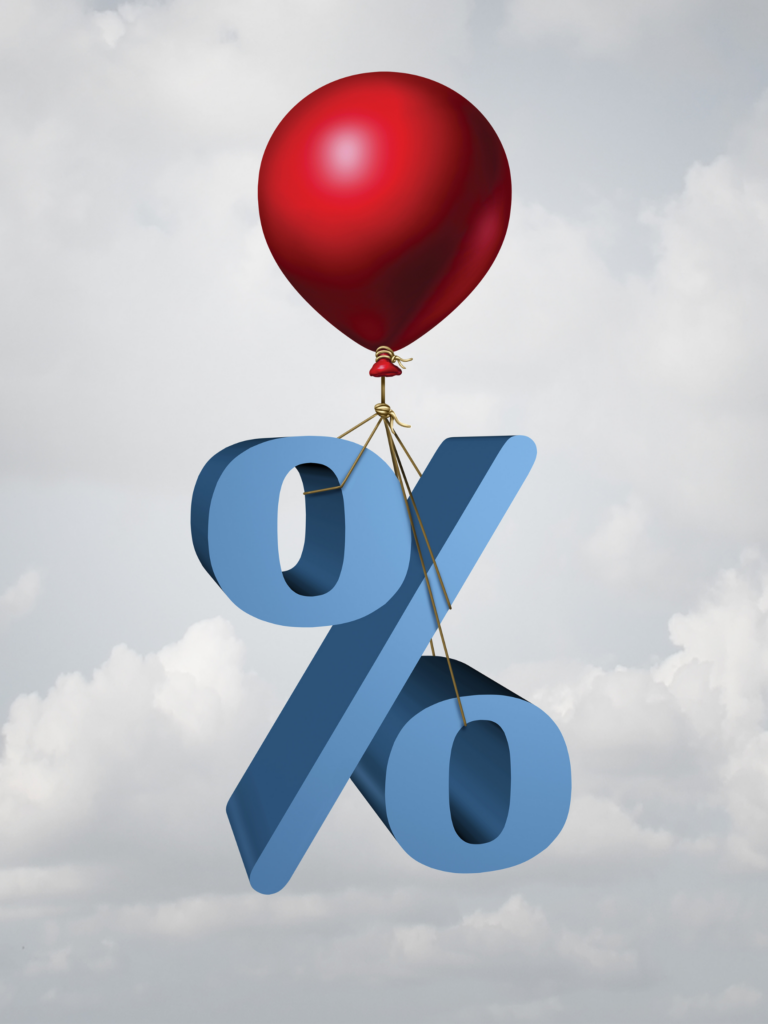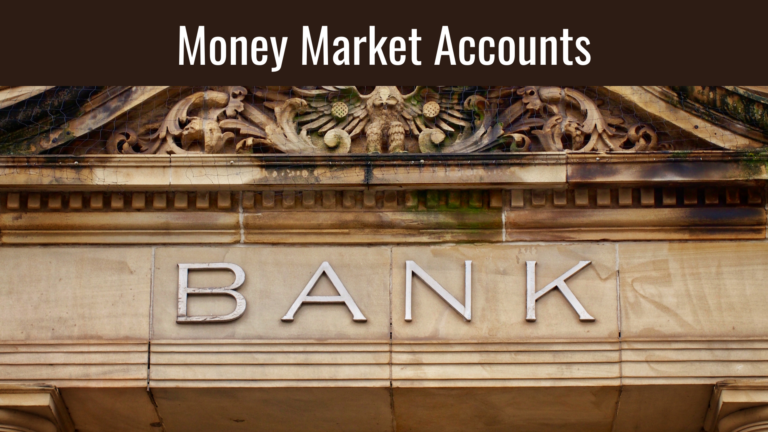Money Market Accounts
Money market accounts are a special type of savings account that come with their own advantages and restrictions. Today, we’ll be talking about how these accounts work and if they’re the right choice for you.
What Is a Money Market Account?
A money market account is essentially an interest-bearing bank account that combines the best parts of a checking account and a savings account. Generally speaking, you get a higher interest rate than a savings account as well as the check-writing and debit card privileges that come with a checking account. That being said, money market accounts do have their own set of restrictions that might make them less than ideal for some customers.
Money Market Account Restrictions
If the idea of money market accounts sounds too good to be true, then you’re partially right. While these accounts are a great way to store your money and earn an above average interest rate, they do come with some rules that you’ll have to follow. For example, many money market accounts have a required minimum balance. This minimum balance could be $100, $500, or more, and you must keep your account above this balance or you could lose your privileges or be transferred into a different type of account. Some accounts also have a monthly fee.
On top of required minimum balances and fees, there is a limit placed by the federal government on the amount of withdrawals you can perform from your account every month. Federal Reserve Board Regulation D states that owners of both savings accounts and money market accounts can make a maximum of six withdrawals from those accounts each month. This law is meant to ensure that banks can conduct business while still having enough money on-hand to meet their reserve requirements.

What Does the Bank Do With My Money?
Just like when you open a regular savings account, you can expect that the bank is going to use the money you’ve deposited for its own interest-producing purchases, such as funding loans for other customers. But don’t worry; money market accounts are still FDIC insured!
Should I Open a Money Market Account?
Well, it depends. If you’re looking for a new account to use in the same way that you use your checking account while earning a higher return, a money market account is not the place to look. While you may have access to a debit card and/or checks, the six-withdrawal monthly limit still applies. In other words, you shouldn’t open a money market account with the intention of using it for your everyday purchases.
If, however, you’re looking for the right account to host your emergency fund, then a money market account might just be the perfect option for you. If you house your emergency fund in one of these accounts, then you’ll earn an above-average interest rate while still having quick access to your money through a debit card or checks. This makes money market accounts a great choice for emergency funds, where your money needs to be accessible but you only have to tap into it once in awhile.
Want to learn more about building an emergency fund and budgeting in general? Click here to read our article on the 50/20/30 Rule!
Final Thoughts
While money market accounts may not be the ideal choice for every customer, their high interest rates and quick access to funds can be a great option in certain situations, especially if you’re trying to decide where to keep your emergency fund.
